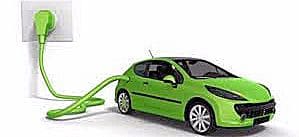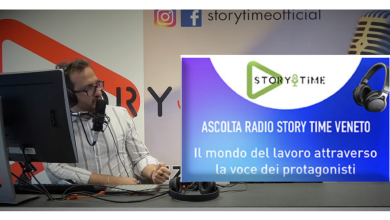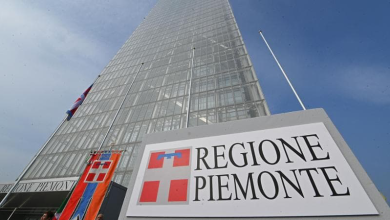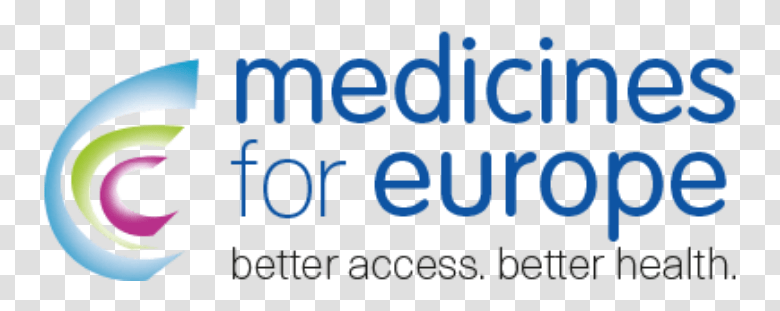
The recent tensions between Beijing and the West push us to take into consideration the great dependence of European countries on Beijing on various drugs
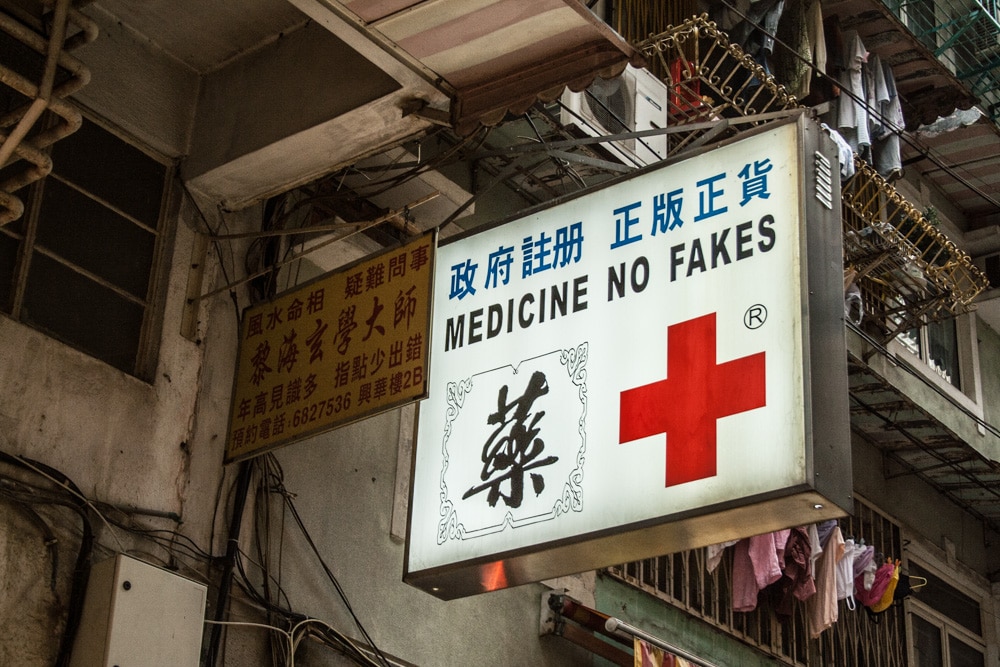 Europe dependent on China on antibiotics and other drugs
Europe dependent on China on antibiotics and other drugs
Not just the dependence on exports. There is another sector, which is much less talked about, in which the countries of the European Union have developed a deep dependence on China. These are medicines, especially antibiotics. And there are those who come to imagine a potential crisis, should relations between Beijing and the West suddenly deteriorate. In particular, Italy follows closely, given that the Meloni's government could soon announce its exit from the Silk Road, exposing itself to potential retaliation from Beijing.
Some numbers. As Politico points out, industry data shows that Europe now produces just a quarter of the world's active pharmaceutical ingredients, compared with half of 2000, and is increasingly relying on imports. China and India produce more than half but it is always Beijing that dominates, given that Indian inputs depend precisely on imports from the People's Republic.
The EU's overdependence on China for medicines can be attributed to several factors. In the first place, China's dominant position in the global pharmaceutical market, fueled by its large-scale manufacturing capabilities and lower labor costs, has made it an attractive source for drug production. European countries have increasingly turned to China to meet their demand for affordable medicines, as it offers competitive prices compared to domestic or European suppliers.
Secondly, the complexity of the supply chain plays a role in the EU's dependence on China. Pharmaceuticals involve a very tangled global supply chain and China has positioned itself as a key player by becoming a major producer of Active Pharmaceutical Ingredients (APIs), which are crucial components of many medicines. The EU's dependence on China for APIs has created a vulnerable situation, making it susceptible to disruptions caused by geopolitical tensions, natural disasters or quality control issues.
The risk reduction desired by Von der Leyen, while Meloni prepares to decide on the Silk Road
Politico lists the specific sectors in which China has conquered a semi-dominant position, starting with antibiotics and the production of penicillin. But China is also a key exporter in other categories such as blood pressure medications or pain relievers. It also supplies the European pharmaceutical industry with basic ingredients for the production of a wider range of medicines.
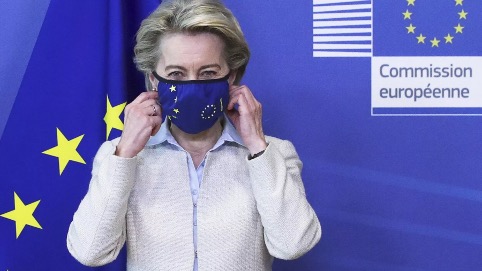 The EU's overdependence on China for medicines carries significant risks and consequences. First, it undermines the security and resilience of EU health systems. In times of crisis, we expose ourselves to problems. This was seen during the Covid-19 pandemic, when Italy also depended on China for medical and protective supplies against the virus, at least in the first phase. And in general, the EU's inability to produce essential medicines domestically or to diversify sources of supply can lead to increased vulnerability and hamper emergency response efforts.
The EU's overdependence on China for medicines carries significant risks and consequences. First, it undermines the security and resilience of EU health systems. In times of crisis, we expose ourselves to problems. This was seen during the Covid-19 pandemic, when Italy also depended on China for medical and protective supplies against the virus, at least in the first phase. And in general, the EU's inability to produce essential medicines domestically or to diversify sources of supply can lead to increased vulnerability and hamper emergency response efforts.
How to get out? Experts recommend military investments in domestic manufacturing capabilities and the promotion of pharmaceutical research and development. But according to some observers, European countries should also try to diversify their sources of supply by establishing partnerships with other countries and regions. The famous one “risk reduction” recently theorized by the president of the European Commission Ursula von der Leyen, which does not mean decoupling but in any case raising one's defenses and reducing dependence on the outside. Not only towards China.
Politician arrives to imagine a dramatic scenario in the event of a conflict between China and Taiwan. With hypothetical sanctions or blocks on shipments that would have drastic consequences. It should be emphasized that fortunately a conflict over the Straits does not appear to be inevitable, and indeed Beijing seems to have significantly lowered tensions. But that of dependence on medicines remains a relevant case study, perhaps even more for an Italy which, due to pressure from the United States, seems destined to exit the Belt and Road Initiative, exposing itself to potential repercussions in bilateral relations with the Asian giant .
Related news: Cattani, Sanofi: “We will invest €190 million in Italy over the next three years. No to the EU "compulsory licence"


